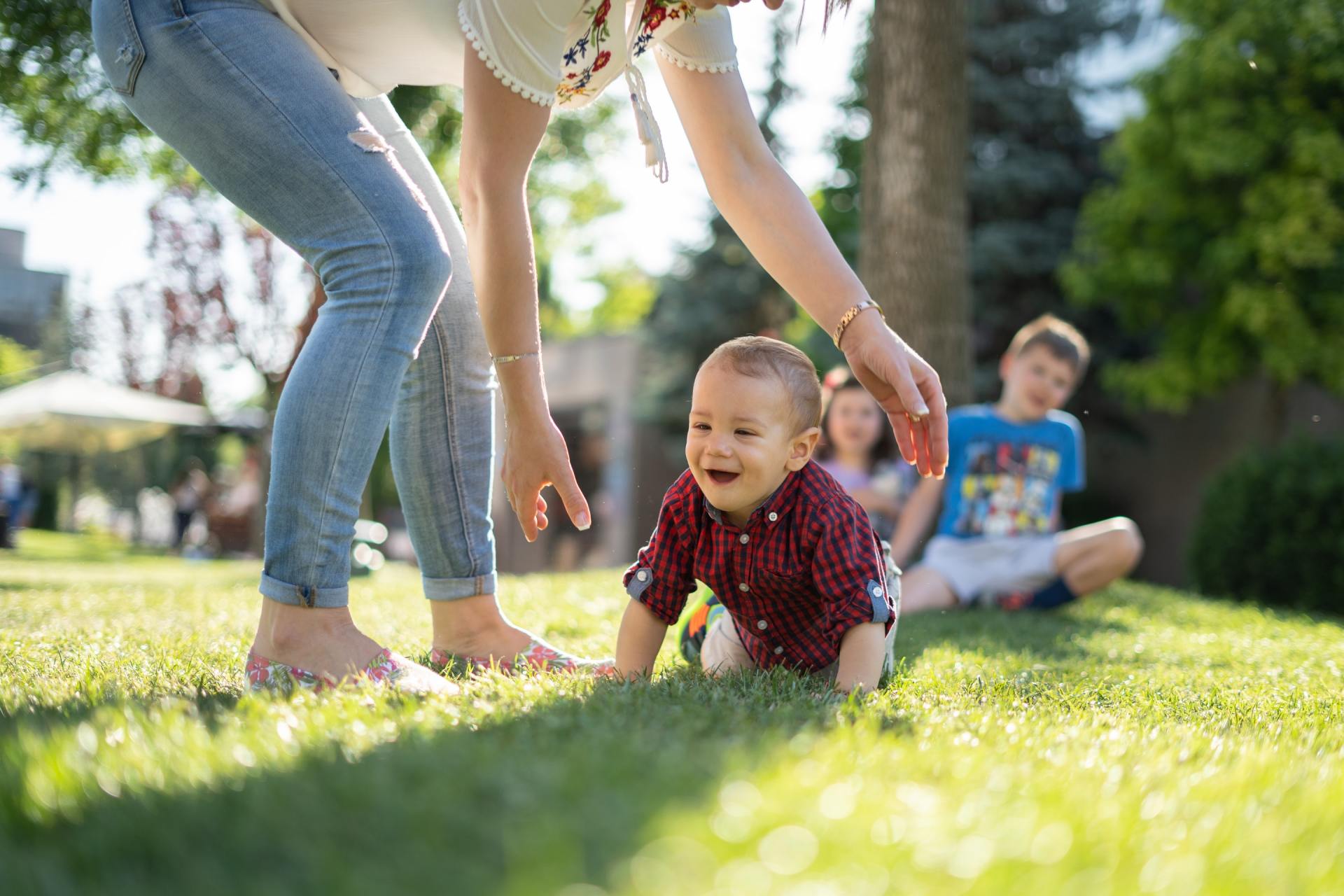No animal species behaves a certain way for no reason. What is the purpose of the behaviour? It pays off to just observe and get to know a particular dog before any formal training. When trying to distract a dog, sometimes just ‘baiting’ a dog by showing him a treat or toy will re-direct attention away from whatever is preoccupying him and possible trouble; ‘baiting’ is frowned upon by some dog trainers, but if it works, it also becomes a reward for being re-focused on the handler. I nearly always carry a ball and treats, except at a dog park where the smell of food can cause unwanted attention and problems.
Most bad behaviour in dogs is the product of poor or lack of socialisation, especially between 8-20 weeks of age; future training will be much easier and successful than trying to change or modify a behaviour that is already well-established. What we consider bad behaviour is often an expression of boredom and other frustrations. A dog that needs a job will create one. Do not get a dog if you haven’t got the time to exercise, socialise and train him. And do not send a dog away for training. Proper dog trainers train the owner – the handler – because they are the person the dog knows, usually trusts and needs to listen to. Sometimes it may help to demonstrate techniques with another already trained dog.
Pam Brandis,
Dip. Canine Prac.
MORE SCENIC NEWS
-
A NEW CHAPTER FOR WOLVES BASKETBALL
Mar 28, 2024ButtonAs the sun sets on an incredible experience, it's time for me, Adam Chanter, to say farewell as the Pre...
-
GRAND OPTIONS CATER TO MOST NEEDS AND TASTES
Mar 28, 2024ButtonFor weddings, services can be held in The Old Church, which stands as a proud member of architecturally sig...
-
ANNE HOITINK – APRIL 2, 1945 – MARCH 15, 2024
Mar 28, 2024ButtonMigrated to Australia on 29 November 1952, aged 7 years. Going directly to the suburb of Reid in Canber...
-
GREAT SUCCESS FOR LITTLE ATHLETES
Mar 28, 2024ButtonRuby, Lily, Talia, Torah, Hugo, Leiawyn, Aric, Dean, Mitchell, Harvey and Noa; you all should be so proud ...
-
COMMUNITY CAMERA ALLIANCE – YOUR CHANCE TO HELP
Mar 28, 2024ButtonIt's essential for community members to remain vigilant and take steps to safeguard their properties and vehicle...
-
KERRI: AN HONOUR TO FILL THE ROLE FOR DIVISION 2
Mar 28, 2024ButtonDuring the pre-poll part of the campaign, I was very grateful for the opportunity to be able to meet an...
-
GALLERY’S $30,000 MAJOR ART AWARD RETURNS
Mar 28, 2024ButtonThe award, named after the sacred mountain which the Gallery overlooks, is open to artists living across the...
-
DO HOP IN FOR A NEW MONTE LUPO EXHIBITION
Mar 28, 2024ButtonMonte Lupo was established by Multicap in 1991 to provide meaningful employment to people living with di...
-
BREACH OF CODE: RULING ON MAYOR CHRISTENSEN RAISES MORE VOTER CONCERNS ON ELECTION EVE
Mar 14, 2024ButtonAdditionally, Christensen is to bear his legal costs, with a warning that any future infractions will be classifie...
-
THE LONG ROAD SPORTS CENTRE AND REGIONAL SPORT - WHERE DO YOU STAND
Mar 14, 2024ButtonThe SRRC Sports strategy 2010-2020 is to be shortly superseded by the 2024 – 2034 SRRC Sports Strategy....
LOCAL BUSINESS
COLUMNS
-
Beauty & Wellness
ButtonWriter: Rebecca Mander - Naturally Cos
-
Community Care
ButtonWriter: Geoff Marshall
-
Embrace
ButtonWriter: Jaap Vogel
-
Food for Thought
ButtonWriter: Dylan Gittoes
-
Hooked on Books
ButtonWriter: Friends of TM Library
-
Living with Dogs
ButtonWriter: Pam Brandis (Dip. Canine Prac.)
-
Nature Notes
ButtonWriter: Nadia O’Carroll
-
Pastor Kim
ButtonWriter: Pastor Kim Dale
-
Physio Talk
ButtonWriter: Neil Bell (Tamborine Mountain Physique)
-
Police News
ButtonWriter: Sgt Mark Shields
Officer in Charge
North Tamborine Police
-
Politics
ButtonWriter: Local Councillors and Representatives
-
Relationships
ButtonWriter: Linda Gray
-
The Mtn Midwife
ButtonWriter: Bree Lowing (Registered Midwife)
-
Travelling Places
ButtonWriter: Travelling Places Tamborine Mtn
-
Wine chat
ButtonWriter: Imogen Mulcahy
-
Yoga Under the Bodhi Tree
ButtonWriter: Margot Wagner
Your Local Paper
to read, keep & share

Your Local Paper
to read, keep & share
CONTACT
PO Box 118, North Tamborine Qld 4272
Phone: 0407 671 286
Email:
news@tmnews.com.au
ads@tmnews.com.au
Design by BjornSchmal.com


















